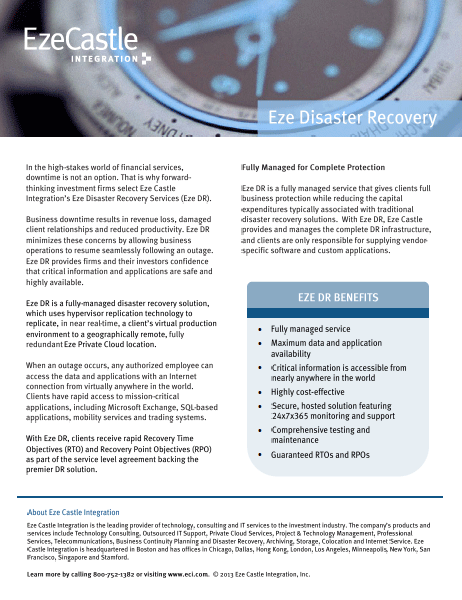Overview of Hedge Fund Regulation
Post on: 16 Март, 2015 No Comment

by Ron Diel on July 6, 2009
Statutes, Regulations, and Case Law
The primary authority governing U.S. hedge fund advisers is found in the Investment Advisers Act of 1940 (generally called the Advisers Act ), but additional requirements can arise under the Securities Act of 1933 (33 Act ), the Securities Exchange Act of 1934 (34 Act ), and the Investment Company Act of 1940 (40 Act ). Depending on the nature of their businesses, advisers also must be aware of the requirements of the Commodity Exchange Act. the Gramm-Leach-Bliely Act (GLBA ), the Employee Retirement Security Act (ERISA ), and applicable State laws. Beyond the statutory requirements, adviser conduct is governed by the corresponding regulations issued by the SEC and the CFTC and by industry self regulating organizations (SROs) like FINRA and the NFA. Additional guidance is provided by various industry and government-sponsored advisory groups like the Presidents Working Group, the Alternative Investment Management Association, the Managed Funds Association, and the International Organization of Securities Commissioners (Hedge Funds Oversight [pdf]).
The chart below and the accompanying table present a general overview showing how the major categories of regulation map to the business processes of an investment manager:
Each lettered flag in the diagram above corresponds to an area of regulation that is applicable to investment advisers in general, and hedge fund advisers in particular. The corresponding regulatory categories, with links to relevant postings in this blog. are listed below.
INDEX: Areas of Hedge Fund Regulation:
- Registrations
- Employee Conduct
- Public Communications / Solicitations
- Investor Relations (including AML)
- Investment Decision-Making
- Executing Fund Transactions
- Risk Management
- Investment Constraints
- Processing Fund Transactions
- Safekeeping Fund Assets
- Investor Communications
- Investor privacy and security
- Record Keeping
- Regulatory Reports and Filings
- Performance Measurement
- Firm Financial Management
- Compliance Environment
- Compliance Supervision
- Proprietary Firm Trading
- Valuation
- Market Research
- Business Continuity Planning (not shown above )
- Other Applicable Bodies of Law (not shown above )
Advisers managing registered investment companies also must satisfy the requirements of the 40 Act in respect to those funds.
Besides the above bodies of regulation which apply specifically to investment management, each hedge fund adviser needs to comply with legal constraints applicable to businesses in general, such as antitrust law, Sarbanes Oxley, employment and labor laws, and the general bodies of law governing financial and other crimes.
This overview is meant to serve only as an introduction to the breadth of requirements facing an adviser. Each firm will need to consult its legal counsel to adapt and interpret the business categories and flows shown above, as well as determining whether other constraints need to be considered, to address the content, volumes and nature of the adviser’s specific business activities.
Hedge Fund Regulation Blog compiles actionable information about the ongoing flow of regulatory developments that impact the way hedge funds operate. We strive to reach across subject matter boundaries (legal, compliance, operations, financial, and technology) to gather relevant information that can be applied by practitioners.














